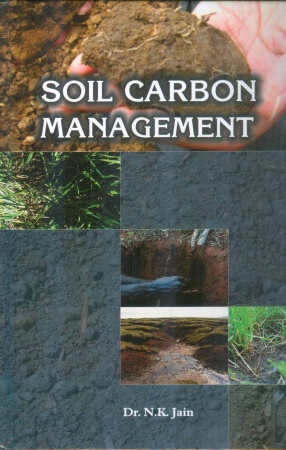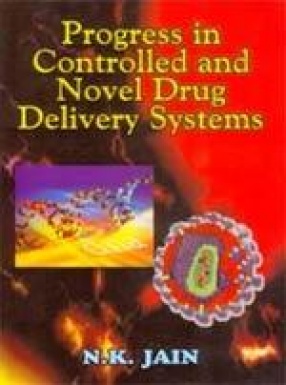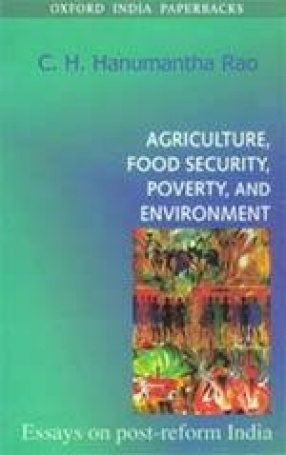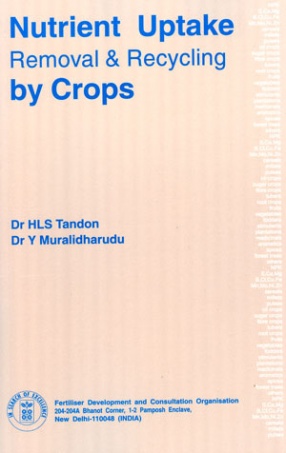Soil Carbon Management
In view of the growing world population, within two decades global demand for food is projected to increase by 50 per cent, demand for water by 35-60 per cent, and demand for energy by 45 per cent. The world's soils are conswquently under increasing pressure. Soil carbon plays a vital role in regulating climate, water supplies and biodiversity, and therefore in providing services that are essential to human well-being. Managing soils to obtain multiple economic, societal and environmental benefits requires integrated policies and incentives that maintsin and enhance soil carbon. Decisive action needs to be taken to limit soil carbon loss due to erosion and emission of carbon dioxide and other greenhouse gases to the atmosphere. The top metre of the world's soils stores approximately 2200 Gt (billion tonnes) of carbon, two-thirds of it in the form of organic matter. This is more than three times the amount of carbon held in the atmosphere. However, soils are vulnerable to carbon losses through degradation.They also relise greenhouse gases to the atmosphere as a result of accelerated decomposition due to land use change or unsutainble land management practices. This book brings together the essential evidence and policy opportunities regarding the global importance of soil carbon for sustaining Earth's life support system for humanity.
Get it now and save 10%
BECOME A MEMBER











Bibliographic information